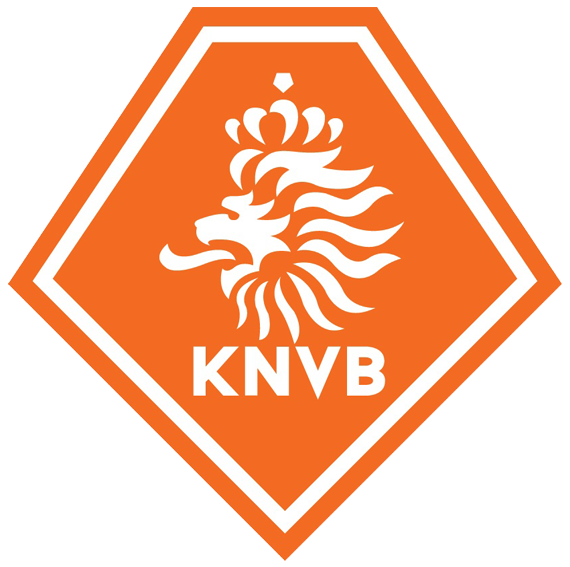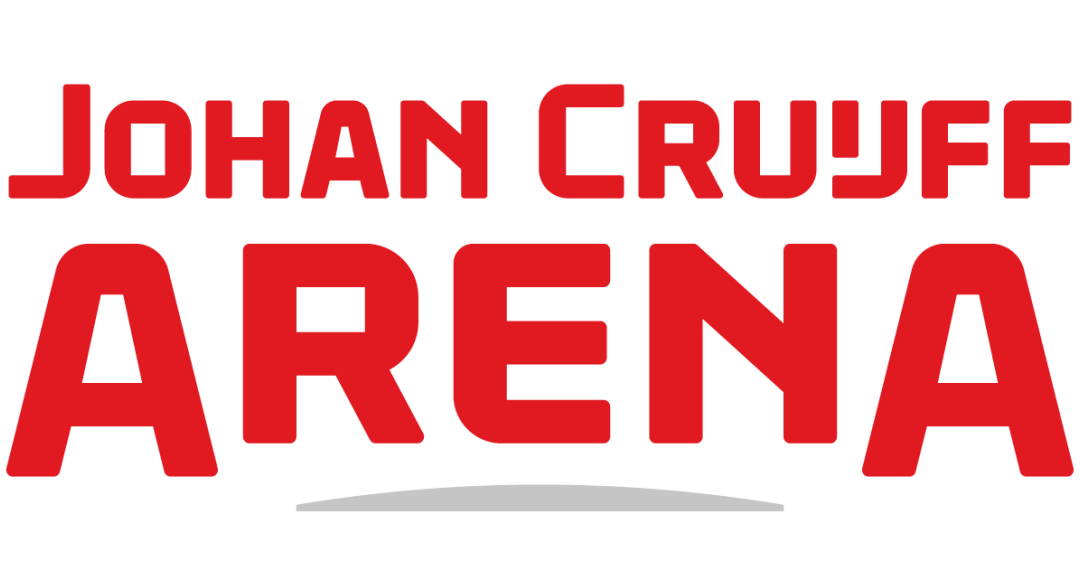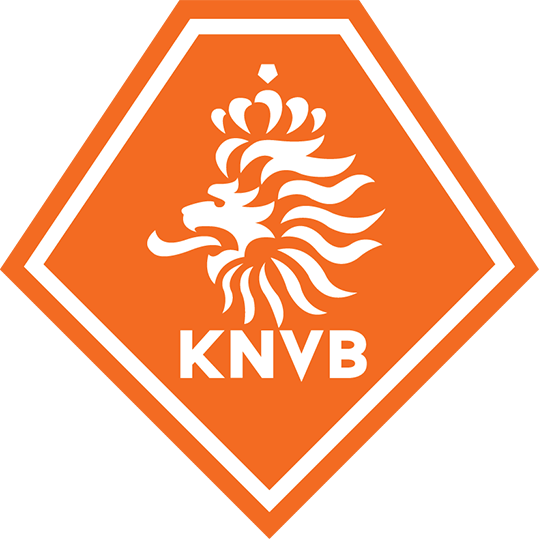How can we track and/or reduce the carbon footprint of fans travelling to, and from, stadiums and/or amateur clubs?
Background
We aim to reduce the negative impact that travel to and from (both professional and grassroots) football events has on the environment. Besides our focus on making our stadiums and clubs more sustainable, we feel that it’s our responsibility to focus on the entire football experience when it comes to reducing the carbon footprint of the football industry. How can we reduce or offset the carbon emissions associated to football travel – domestic and international team travel and spectators’ journeys to/from stadiums? How can we involve fans in our mission to reduce the carbon footprint of the football industry? How can we offer alternative sustainable transport solutions to fans? How can we assist them in contributing to this goal? How can we better track the carbon emissions of fans travelling from, and to, stadiums and grassroots football clubs?
What are we looking for?
We are looking for solutions that track or stimulate the use of green mobility solutions, and with that reduce carbon emission on a large scale. This entails finding new ways to track how fans travel to the stadium and/or the grassroots club, and the environmental impact and/or carbon footprint of these journeys. We are looking for solutions that help fans to choose greener alternatives for their travels to the stadium and/or grassroots club. Solutions could also include improving the availability of charging stations for electrical vehicles or solving infrastructure or parking challenges (e.g. by spreading arrival and departure of fans in time and location). We are looking for opportunities for a cost-neutral implementation model, and we are looking for solutions that we can implement in collaboration with local partners or commercial sponsors.
Solutions could use different types of channels, consoles, and devices that are available. We are looking for solutions that can be implemented in the short-medium term, and are mature, proven, and scalable, but allow for further co-creation.
Issues to consider
– Solutions must be tangible, measurable and create shared value for all stakeholders
– Time-to-implement is preferably the short-medium term
– All solutions must be compliant with GDPR
– Solutions must be possible to integrate within existing web- and mobile applications
– Cost efficiency (set-up costs as well as ongoing costs) is key to enable implementation of the solution for a broader range of (professional) clubs and leagues
What we are not looking for
- We are not looking for adjustments to match schedules
- We are not looking for solutions that do not allow for further co-development
Key words: green mobility, zero emission, carbon footprint, access to mobility, electric transport, ride sharing, public transport, impact reduction on surroundings, data mining

